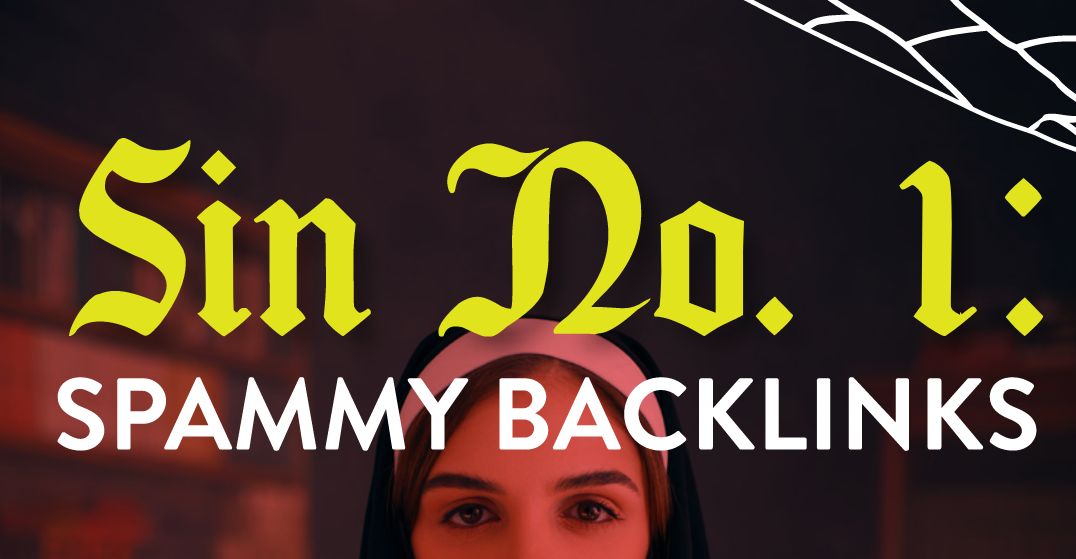If you have a website, one of the most important aspects of it is its search engine optimization. Whether your business is an online retail store or a large company, SEO is important to ensure that it is visible to search engines and ranks high in search engine results. But what exactly are the 11 deadly sins of search engine optimization? And how do you avoid them? Continue reading to find out! Listed below are the top five:
Also Read: solidfiles search engine
Avoiding black hat SEO tactics
Effective SEO is crucial for maximizing organic search results and driving customer engagement. Black hat SEO tactics violate search engine best practices and circumvent the user experience. While not accidentally implemented, these techniques can have damaging effects on your website’s online reputation. These techniques include link spamming, keyword stuffing, and website copywriting. To avoid black hat SEO tactics, follow the tips below. You’ll be amazed at how effective and profitable these techniques can be.
High-quality content is a great way to improve your SEO. High-quality content covers the intent of the user, provides value for the audience, and attracts links from reputable sources. While this method may seem more expensive, it is definitely worth it in the long run. And don’t worry if your website takes some time to show results. If you’re still using black hat SEO techniques, you’ll lose valuable traffic and risk Google penalizing your site.
Avoiding keyword stuffing
Keyword stuffing is bad for search engine rankings and it helps no one. In order to reach your audience, you must go beyond keyword stuffing and focus on your content. You should use Similarweb Digital Marketing intelligence to track keyword data and engagement metrics on your site. This data helps you identify opportunities for climb the ranks strategically. We will go over some of the ways to avoid keyword stuffing and improve your website’s SEO performance.
Search engines want to give users the best experience, so they are constantly improving their algorithms. Keyword stuffing can make your content unreadable and create a bad user experience. Not only does it hurt your rankings, it also creates bad website design. It’s annoying to read the same words over again, and human readers will notice. So it’s important to avoid keyword stuffing and use natural, human-readable content wherever possible.
Avoiding invisible text
There are several ways to incorporate hidden text into your web pages. One of these is to make the background color of your text the same as the color of the text. Another way is to use hyphens to make the text appear invisible. However, remember that Google has strict guidelines against this practice. While it may be tempting to hide text for aesthetic reasons, this method of search engine optimization is considered Black Hat SEO. Google’s guidelines state that hidden content may result in a penalty and the operator of the search engine may even exclude your website from its index.
Another way to avoid invisible text is to use a white-hat method. This means you won’t get flagged by Google or have your SERPs decrease. Some examples of hidden text include pop-ups, user interfaces, and news announcements. All of these techniques have a valid purpose – to improve user experience, not to manipulate search engine algorithms. You can also use ready-made scripts to create multi-level menus and hidden text blocks.
Avoiding web cloaking
Using specific plugins and apps to cloak your website or manually editing the.htaccess file is one way of getting around Google’s Webmaster Guidelines and getting higher search engine rankings. Cloaking is a technique that tailors content based on an IP address. Although it’s usually used to optimize content for the specific location of a user, it can also be used to fool search engine crawlers. In this way, the search engine bot sees your page as being rich in content and could potentially put it in the top of the SERPs.
Cloaking involves delivering different versions of content to human users and search engine robots. The aim of cloaking is to boost your rankings by deceiving both humans and search engines. Cloaking is a black hat SEO technique that violates the Webmaster Guidelines. While it may have worked in the past, today it’s an unethical SEO practice and should be avoided in favor of the best possible results.
